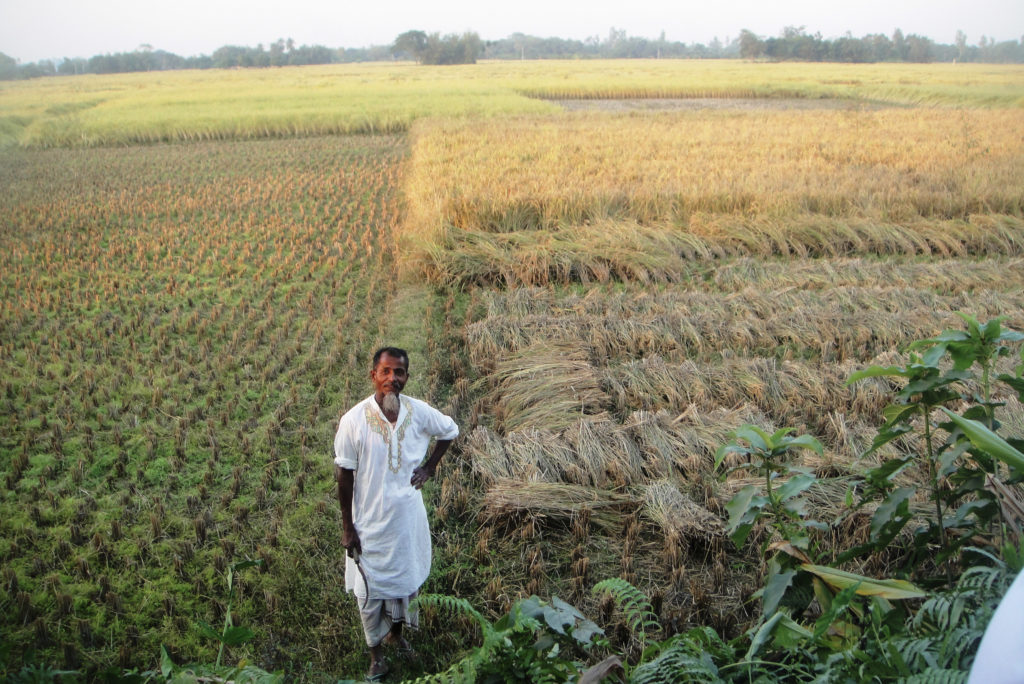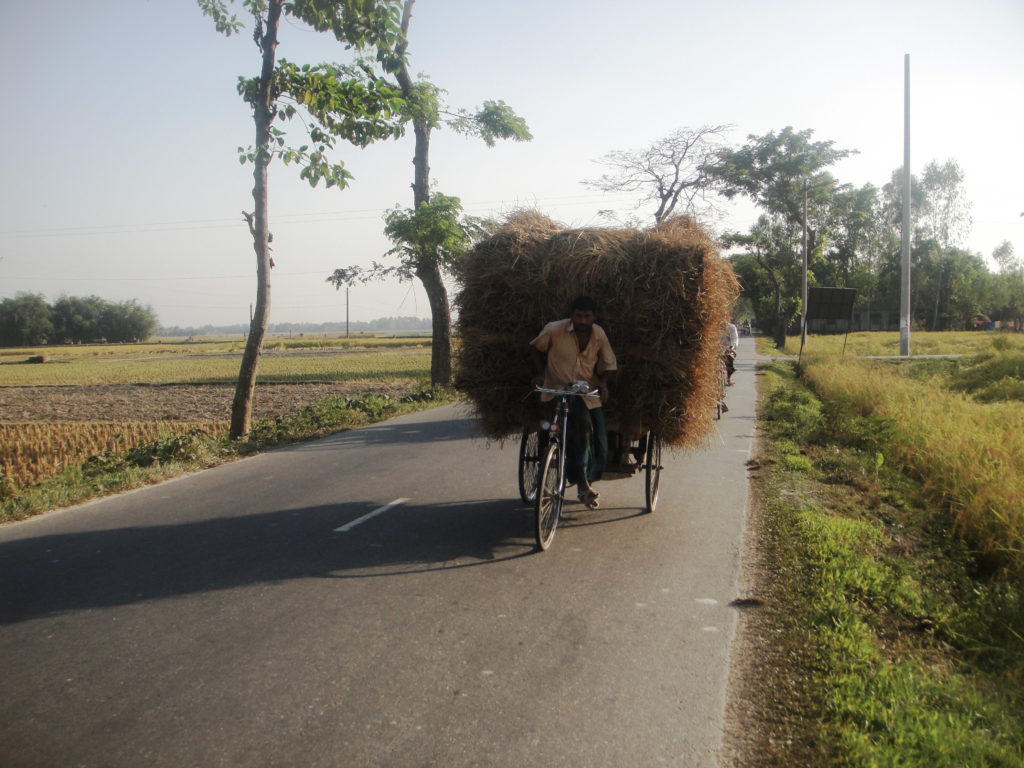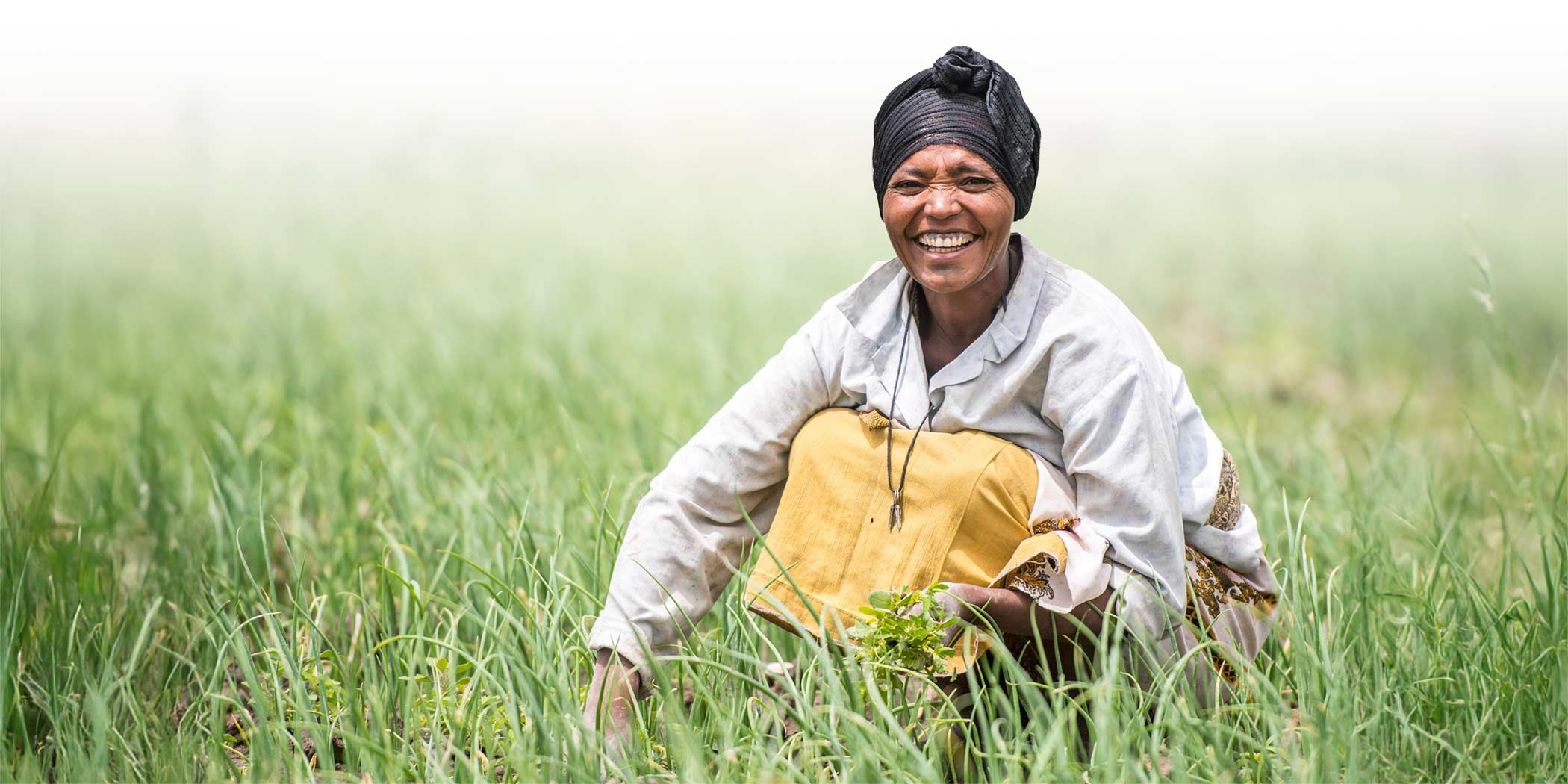
The Sustainable Soil Management Component (SSMC) aimed to improve soil management to enhance yields and farmers’ incomes under resilient production systems in Bangladesh. The project was funded by the OCP Foundation, with additional in-kind contributions from IFDC and Government of Bangladesh research and extension agencies.
SSMC (2017-2019) addressed many of the increasing, serious soil fertility concerns of the northern districts of Bangladesh while also helping farmers enhance crop productivity and profitability through the implementation of improved soil management methods in the overall context of market-sensitive good agricultural practices (GAPs). The project worked to evaluate the role of secondary and micronutrients on crop productivity as affected by soil acidity.

Cumulative Highlights
- The project targeted 4,000 farmers, working together with agro-input retailers and Government of Bangladesh research and extension agencies.
- SSMC directly trained 2,210 farmers and 393 retailers (12% women).
- To demonstrate the results of GAP technology, 120 field demonstrations were established and 34 field days were held with 3,465 participants (24% women).
- About 1,350 farmers now use improved nutrient management technologies or GAPs as a result of project activities.
Improving Soil Management
The project worked side-by-side with the Department of Agricultural Extension, the Bangladesh Rice Research Institute, and the Bangladesh Agricultural Research Institute to assist rice, maize, wheat, potato, and lentil farmers to improve soil management and crop production. OCP Foundation’s comprehensive project also included input from the International Center for Agricultural Research in the Dry Areas (ICARDA). The overall objective of this agricultural development project was “sustainable management of soil to enhance yields and farmers’ incomes under resilient production systems in Bangladesh, resulting in food and nutrition security, improved health and livelihoods.” The project included the SSMC in addition to monitoring and capacity-building inputs by OCP Foundation and works related to the promotion of GAPs, entrepreneurship, and farmer organizations by ICARDA. The project targets rice, maize, potato, pulses, and, to a lesser extent, wheat.
Implementation
SSMC was implemented with Government of Bangladesh (GOB) counterparts, Bangladesh Agricultural Research Institute (BARI), Bangladesh Rice Research Institute (BRRI), Department of Agricultural Extension (DAE), and Soil Resource Development Institute (SRDI). Additionally, agro-input retailers were also involved to promote balanced plant nutrient and GAP solutions for improving crop productivity, crop profitability, and soil fertility. The primary approach of the project for IFDC was to conduct trials with BRRI and BARI and field extension activities with DAE.

